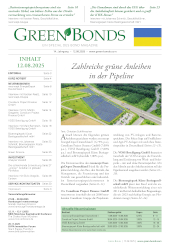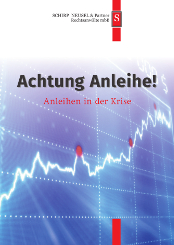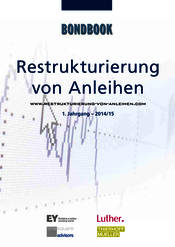The impact of rising commodity prices, as a result of events in Ukraine, could have a knock-on effect on market sentiment and economic growth.
There are echoes of the Georgia-Russia crisis of 2008 in current events in Ukraine, with the difference being that Ukraine has greater political significance.
Ukraine and Russia are closely linked by history; after all, Kievan Rus – a federation of East Slavic tribes from the 9th to 13th century – was in many ways the birthplace of the Russian state. Vladimir Putin has the support of the populace in Crimea and parts of Eastern Ukraine, and could be hoping to force a separation as he did with South Ossetia and Abkhazia in Georgia. For a long time Putin has been trying to forge a Eurasian Customs Union, drawing in the former Soviets, and it may be that what he cannot achieve through soft power, he will be happy to take through force. Given the costs involved to Russia in doing this, it may be that the show of force is intended to wring more compromises from Kiev and the West, perhaps in the form of self-rule for Crimea and other Russian speaking regions.
However, on a rational level, it seems unlikely that Russia would want to take on the economic liability of Ukraine, trade and political sanctions, and invite claims on its own territory. Geopolitically it doesn’t appear to make sense. The show of strength could be intended, ultimately, simply to burnish Putin’s reputation within Russia as a strongman and defender of Russian values.
Some form of sanctions seems likely. It is difficult to speculate on how far the West is willing to go, but a ban on travel to the West for the Russian elite would seem likely, alongside possible trade embargoes and diplomatic expulsions. There is a slight chance we see attempts to isolate Russia in much the same way as Iran was isolated, but this seems likely to escalate the situation. If Russia presses its incursion deeper into Ukraine (i.e. beyond Crimea) however, this seems increasingly likely.
Russia’s chief exports are oil related, so any sanctions will likely drive up energy costs and could transmit a stagflationary shock to the global economy. Ukraine is a major wheat producer, so we would expect food prices to be similarly adversely affected. The impact on the supply of natural gas is unclear: it’s really in no one’s interests to turn the flow off. Russia will not want to pre-empt sanctions, Ukraine doesn’t want to anger its European allies or invite further Russian aggression, and the European Union doesn’t want higher energy costs. In a rational world the gas would stay on until trade sanctions are implemented. China will be watching closely given its dependence on energy and food imports, and we might see Chinese diplomatic pressure if the issue isn’t speedily resolved.
On the market front, concerns over a spike in energy and food costs should impact sentiment globally, but particularly assets in the region: Central and Eastern European markets and currencies will likely suffer, as will countries dependent on energy imports. Within emerging markets, India could be quite exposed on this front. Commodity markets should, broadly speaking, see price increases. Ukraine’s role as a wheat exporter will push up agricultural prices, while uncertainty over oil and gas supply will push up the energy matrix. This could all be supportive in the short-term for some commodity exporters, particularly if they are energy-independent.
www.fixed-income.org
----------------------------------------
Soeben erschienen: BOND YEARBOOK 2013/14 -
Das Nachschlagewerk für Anleiheinvestoren und -Emittenten
Renommierte Autoren und Interviewpartner nehmen Stellung zu den Themenfeldern High Yield-Anleihen, Mittelstandsanleihen, Covered Bonds, Investmentstrategien sowie Tax & Legal. Das jährliche Nachschlagewerk erscheint bereits im 5. Jahrgang und hat einen Umfang von 100 Seiten.
Inhaltsverzeichnis:
http://www.fixed-income.org/fileadmin/2013-11/BOND_YEARBOOK_2013_14_Inhaltsverzeichnis.pdf
Die Ausgabe kann zum Preis von 29 Euro beim Verlag bezogen werden:
http://www.fixed-income.org/fileadmin/2013-11/BOND_YEARBOOK_2013_14_Bestellung.pdf
----------------------------------------














